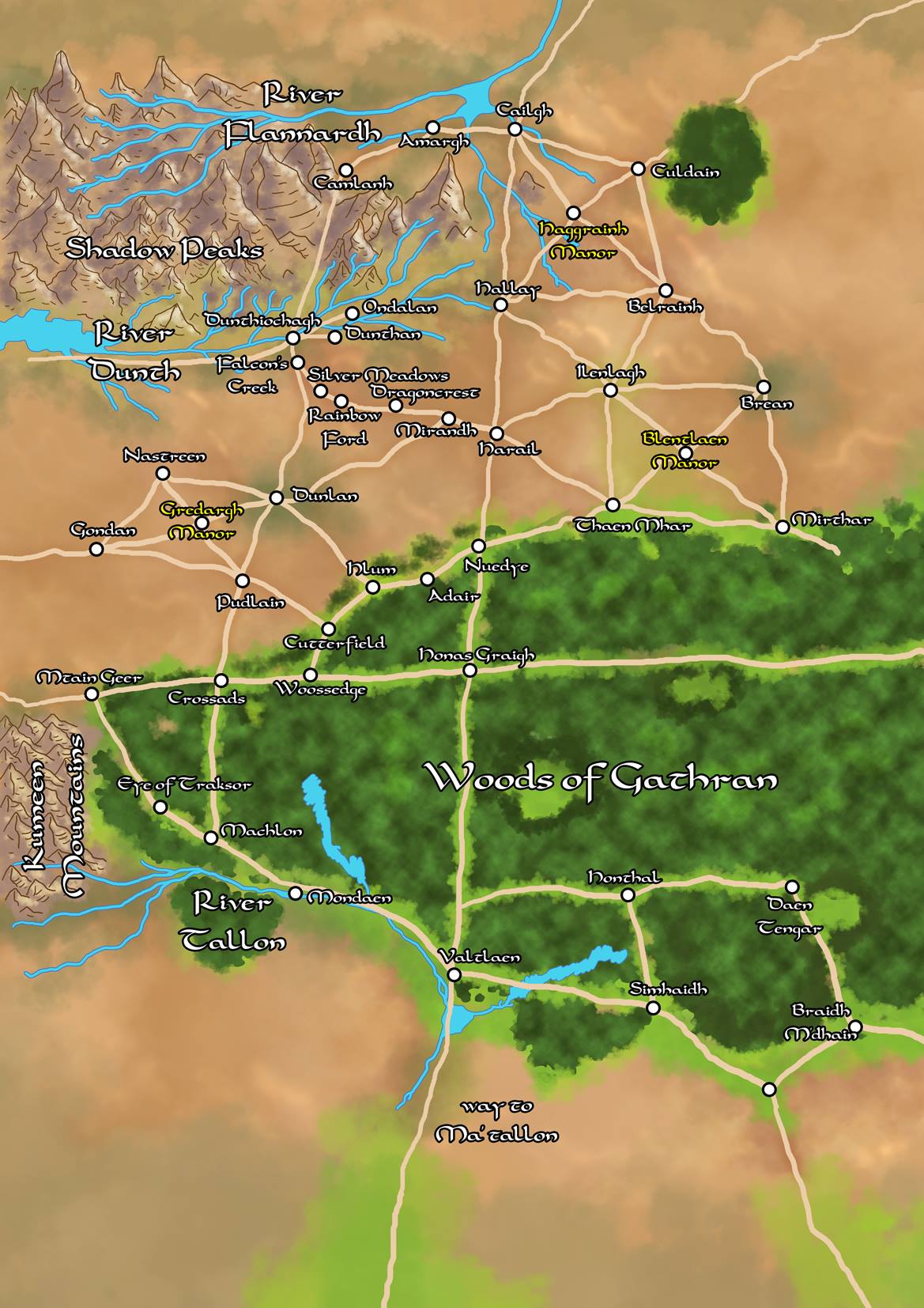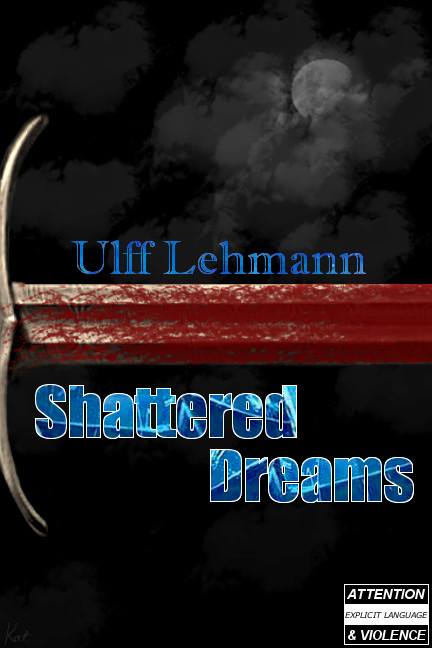NOTE: THIS AUTHOR IS NOT AN LV BOOK DESIGN CLIENT AND ALL IMAGES WERE PROVIDED BY THE AUTHOR.
First, can you give us some background about yourself?
- Being the stereotypical underachiever, and with no one to challenge my intellect, I was an outsider for most of my life. Only I didn't realize that until decades later.
English is a second language for me, what with being German and all, and for the most of my time at school I was slightly above failing grade. Then again, I was that for most classes. That changed, however, when I went to the US for a year as an exchange student. After that I kind of excelled at English.
There should have been several Aha moments in my life, and maybe there were, but I was too confined in my own misery to actually recognize them. The final, all deciding moment came during therapy, when I realized I would never be truly happy, if I did not write. So write I did! What have you written?
- My first novel, Shattered Dreams, has been out on Kindle and via CreateSpace for 2 months now.
Are you currently working on anything?
- The sequel to Shattered Dreams, Shattered Hopes, is currently in beta-read, and I am working on the first draft of Shattered Bonds, the trilogy's finale.
More for the kick of it than anything else, I have submitted a short story for an anthology. I suck at short stories, too confined for my taste, we'll see how that goes.
How much research do you do for your writing?
- That depends. I've always been interested in history, so my knowledge there has helped me wing many things in the past, but nowadays I do a tad more research to supplement already existing insight into various topics.
What is your process like in the midst of writing a book?
- I've developed a sort of ritual on the days that I write: get up at around 8-8:30, watch one episode of a TV drama and 2 episodes of a sitcom while having my breakfast. During that time I select the music I will listen to while showering. Shower with music loud enough to piss of my neighbors and incidentally reach me in the bathroom. Once dressed (I listen to The Blood of Cu Chulainn whilst getting into my clothes) I grab the novel I am currently reading, and head out to my favorite café. There I clear my mind by having a large cappuccino and reading and chatting with the staff. Then home, fire up my writing computer, put in my writing soundtrack, and go. (The first two novels, Shattered Dreams and Shattered Hopes(in beta-read) were written this way)
What does your routine look like when you get to the editing process?
- I leave the manuscript alone for a month or so. Then I print it out with two pages beside each other so as to simulate the typical book-reading experience. Armed with that pile of papers, I head to my café and stay there for 5-8 hours a day, reading, making notes etc, for as long as it takes to get through the novel. Then I return to the computer and put in the changes.
I repeat this process two more times, each with a specific goal: 1) plot and 2) deleting useless, superfluous words.
Tell us about your work space.
- An old dining room table, situated in front of a window overlooking the roofs of my hometown. Next to the monitor are several dictionaries and thesauri on one side, and a pile of papers with various notes and such relevant to specific minutiae.
What do you do when you lose focus? Any tips for getting it back?
- Let go of the problem, let the subconscious deal with it, when it's done, I know and will write down whatever insight I've gained.
Tell us about your publishing process.
- I self publish. I tried to find an agent, but with the current fluctuations in the market, finding someone bold enough to not only sign a German author who writes in English, but also one whose sample chapters are meant to be disturbing is kind of tough.
The process is fairly easy, kdp and CreateSpace offer enough instructions. Since the manuscript has been lying about fully edited for several years now, it was primarily a matter of fitting pages and adjusting the layout. Where can people find you and your work?
- Amazon: http://www.amazon.co.uk/dp/1534803254
http://www.amazon.com/dp/1534803254
Facebook: https://www.facebook.com/Ralchanh/













